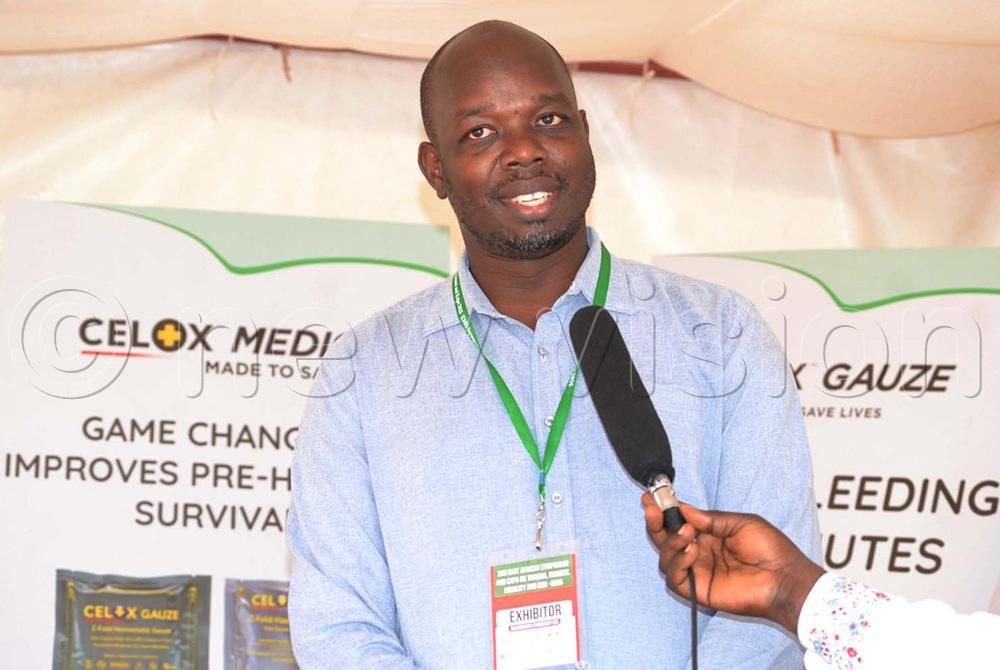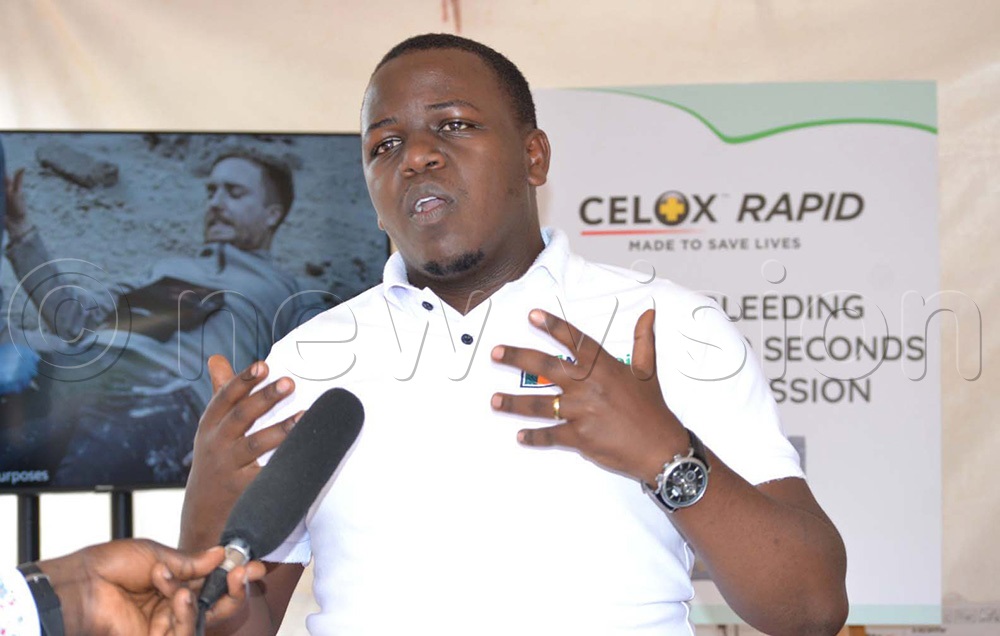PS Atwine proposes mandatory eye checkups for all drivers
Since good eyesight is crucial for safe driving, the permanent secretary of the Health Ministry, Dr Diana Atwine, emphasised that regular eye checkups can help reduce road carnage.
Ministry of Health permanent secretary Dr Diana Atwine. (File photo)
___________________
To reduce the devastating toll of road traffic injuries in Uganda, the Ministry of Health is calling for mandatory eye checkups for all drivers.
Since good eyesight is crucial for safe driving, the permanent secretary of the Health Ministry, Dr Diana Atwine, emphasised that regular eye checkups can help reduce road carnage.
“I have seen cases where the driver has a cataract but continues to drive people. For instance, recently, I came across a driver in government who has a cataract, and I had to write to his boss, saying, My dear, do you know that anytime you will crash. Imagine the driver had a cataract, but his boss had not even seen it,” disclosed Atwine.
Atwine added, “The driver was even wearing glasses to disguise the eye problem, yet it was a cataract. Why don’t we institute regular driver eye checkups? Recently, when Uganda hosted the 19th Summit of the Non-Aligned Movement (NAM) in Kampala, many organisations had their drivers’ eyes tested at Mulago because they were going to drive Very Important Persons (VIPs).”
A cataract, according to experts, occurs when the lens of the eye becomes cloudy, causing blurred vision or loss of sight.
Given the importance of safe driving, Atwine said it is vital to prioritise drivers’ eye health.
She made the remarks during the second East African Symposium and Expo on Trauma, Injuries and Emergency Care, organised by Makerere University School of Public Health at Makerere University on August 15, 2025.
Ibrahim Asiku, a pharmacist at Silverbacks Pharmacy addresing journalists during the stakeholders workshop at Makerere University. (Photo by Juliet Kasirye)
The symposium was held under the theme: “Understanding the burden and impact of injuries in East Africa to improve emergency care, preparedness, mitigation and response.”
The event, which attracted researchers, health care professionals, innovators and policymakers, focused on Uganda’s urgent need for robust emergency care systems.
At the symposium, experts also launched Celox Gauze and Celox Rapid, advanced haemostatic dressings engineered to swiftly stop life-threatening bleeding. These products are considered a life-saving breakthrough in emergency care.
Celox Gauze can help control blood loss by stopping bleeding in three minutes of compression, while Celox Rapid can stop bleeding in just 60 seconds of compression.
In 2023, Uganda recorded nearly 134,000 emergency cases, with 17% attributed to trauma and injuries, and over 4,000 deaths linked to road traffic incidents.
Road traffic injury deaths in Uganda, according to experts, stand at an alarming 27.4 per 100,000 people annually, far above the global average of 17.4. The problem is particularly severe in the Greater Kampala Metropolitan Area.
During the discussions, experts highlighted that these figures demonstrate the heavy toll of trauma, especially road traffic injuries, on families, livelihoods and the national health budget, emphasising the urgent need for emergency interventions.
“Ministry of Health continues to receive a high number of accident cases, including brain injuries, at the Mulago emergency department. However, the population is not aware of the magnitude, damage, stress these injuries cause on our healthcare system,” Atwine stated.
According to Atwine, road traffic injuries place a significant burden on the health care system, leading to high government expenditure, prolonged hospital stays and heavy consumption of resources.
Since these injuries are also associated with long-term comorbidities and disabilities, Atwine emphasised that emergency care is critical in reducing mortality and disability from injuries.
Reflecting on the country’s high traffic burden, Atwine called for coordinated action across ministries and agencies. She stressed the urgent need for infrastructure improvements such as sidewalks, wider roads with ambulance lanes, strict enforcement of traffic safety regulations and better road behaviour.
Considering the current state of urban planning, Atwine stated, “Until we get everybody who makes policy decisions to change the way things are done, we cannot talk about mitigation against accidents. I want to see us move away from the walls of academics and address the real issues, such as indiscipline, impunity, among others.”
For instance, in Kampala, Atwine said, “You find open trenches without a pavement; people exercise on the road and get knocked because we are competing with vehicles. Other Ugandans don’t adhere to minimum standards due to lack of enforcement, unlike in other countries where strict penalties are imposed for negligence.”
Emergency medicine resident at Makerere University, Dr Ignatius Asasira, emphasised the need to educate East Africans about emergency care and the burden of injuries.

Dr Ignatius Asasira addressing journalists during the stakeholders workshop . (Photo by Juliet Kasirye)
“For instance, in the event of a road traffic crash on a Kampala highway, it is likely that none of the first ten responders is trained in first aid or basic emergency care,” Asasira said.
Ibrahim Asiku, a pharmacist at Silverbacks Pharmacy, pledged continued support for emergency care in the country by introducing cutting-edge, scientifically proven products to improve survival rates before patients reach advanced care.
“Currently, we have products that are very key in managing bleeding in case of trauma and work within the first one minute to utmost three minutes to stop bleeding. Products such as Celox Rapid, Celox Gauze will help patients survive before being taken to the next point of care. Very soon, we are introducing Celox PHH that manages postpartum haemorrhage,” Asiku concluded.